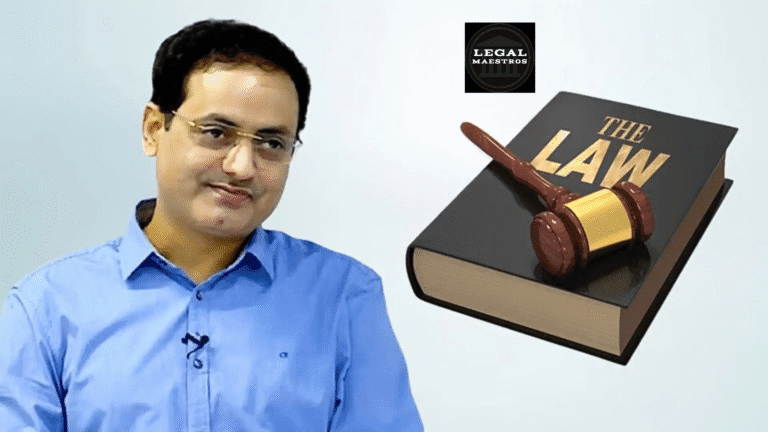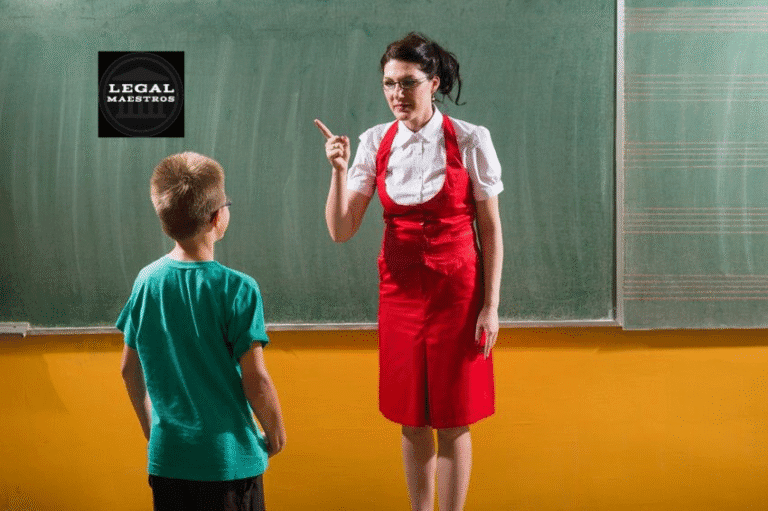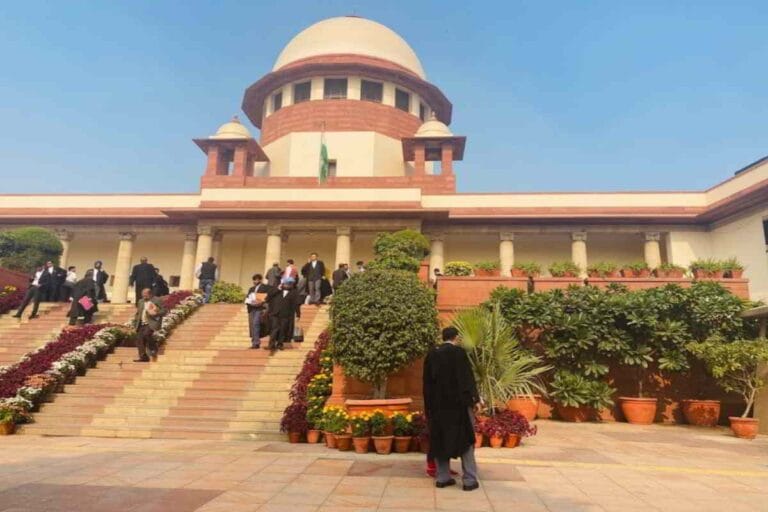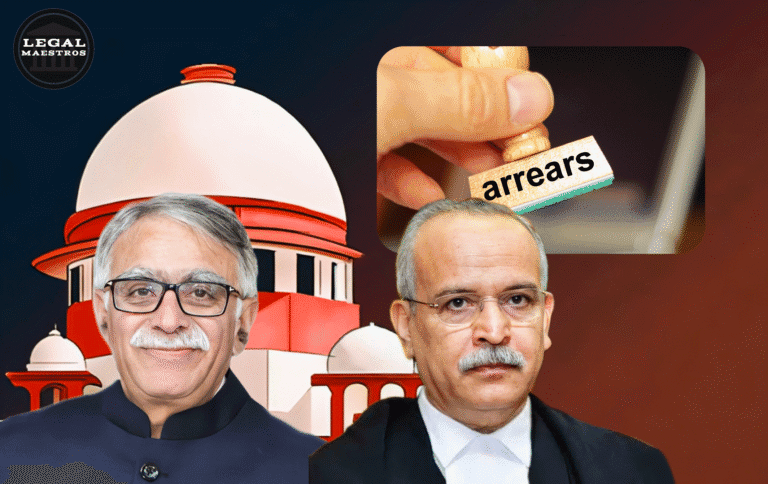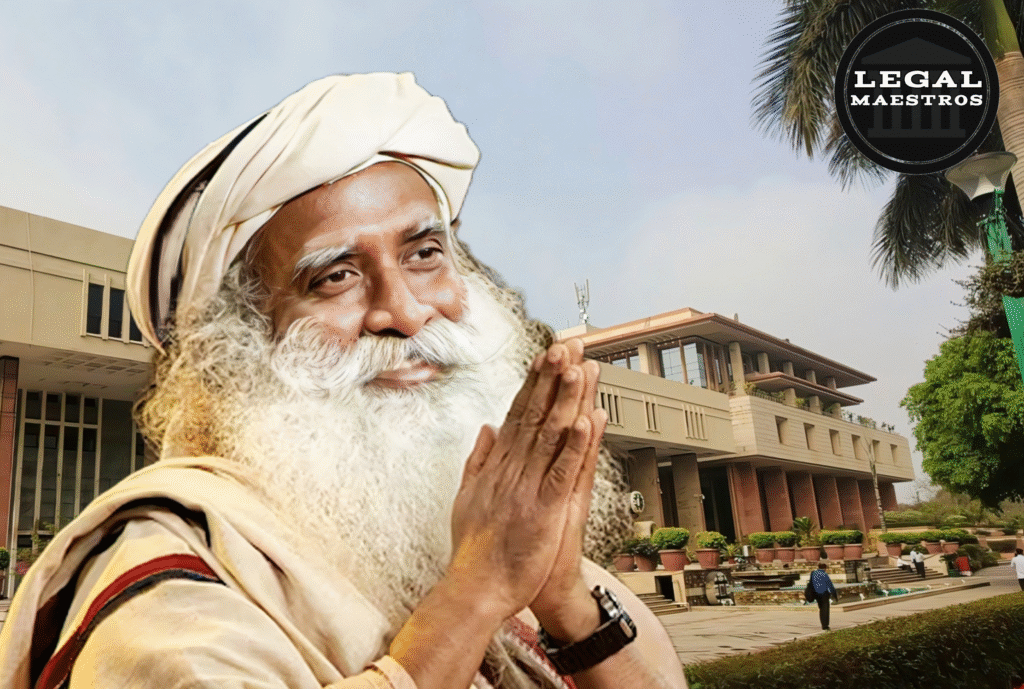
Sadhguru Seeks Delhi High Court Protection: Understanding Personality Rights as Intellectual Property in the Context of Alleged AI Misuse
The Starting Point
A petition for protection against the unauthorized use of Sadhguru Jaggi Vasudev’s name, picture, and persona was submitted to the Delhi High Court in May of 2025. Sadhguru Jaggi Vasudev is a spiritual leader and the founder of the Isha Foundation. A response was issued by the court, which instructed websites to remove content that used his identity for commercial purposes. This particular case brings to light the growing worry regarding the misuse of personality rights, particularly in light of the development of artificial intelligence (AI) technologies that are capable of replicating a person’s likeness without asking for their permission.
Can You Explain What Personality Rights Are?
Individuals have the ability to exercise control over the commercial use of their identity, which includes their name, image, likeness, and other personal characteristics, through the use of personality rights, which are also referred to as the right of publicity. Individuals are able to prohibit the unauthorized exploitation of their identity by virtue of these rights, which are recognized as property rights. Under the right to privacy, which is established in Article 21 of the Constitution of India, the courts have acknowledged personality rights, despite the fact that there is no special statute in India that is dedicated to personality rights. It is common practice for celebrities to rely on trademark laws in order to safeguard their unique identifiers. References:
The Development of Artificial Intelligence and the Effects It Will Have on Personality Rights
The development of artificial intelligence has made it simpler to produce replicates of people’s voices, images, and even behaviors that are as lifelike as possible. Deepfakes, which are distorted media that pretend to be legitimate, can be generated by these technologies, which poses serious difficulties to the protection of personality rights. Unauthorized information generated by artificial intelligence has the potential to cause harm to reputations, mislead the general public, and violate the rights of persons to govern their persona.
For More Updates & Regular Notes Join Our Whats App Group (https://chat.whatsapp.com/DkucckgAEJbCtXwXr2yIt0) and Telegram Group ( https://t.me/legalmaestroeducators ) contact@legalmaestros.com.
For More Updates & Regular Notes Join Our Whats App Group (https://chat.whatsapp.com/DkucckgAEJbCtXwXr2yIt0) and Telegram Group ( https://t.me/legalmaestroeducators )
Examples of Legal Situations in India
Legal action has been launched by a number of Indian celebrities in order to safeguard their personality rights in the face of exploitation of artificial intelligence: This is a mint.
In the case of Anil Kapoor, the actor was successful in obtaining a court order that prohibits entities from utilizing his name, image, voice, or catchphrase “jhakaas” without first obtaining his approval. There are six Parker & Parkers.
He secured an injunction against those who were using his character in a lottery scam, highlighting the improper use of his voice and picture. * Amitabh Bachchan: He brought this action against those individuals.
Arijit Singh: The musician was able to effectively argue against the fact that artificial intelligence platforms were using his voice and image without his permission, which resulted in a court injunction safeguarding his personality rights.
An injunction was issued against organizations that were employing artificial intelligence to generate chatbots and items starring Jackie Shroff. The actor filed a lawsuit against these entities, which resulted in the injunction.
These instances highlight the acceptance of personality rights by the judicial system as well as the necessity of addressing abuses caused by artificial intelligence.
One of the Obstacles Facing the Enforcement of Personality Rights
The courts have been aggressive, although there are obstacles involved in defending personality rights against the exploitation of artificial intelligence:
A content that is generated by artificial intelligence can be distributed anonymously, which makes it difficult to identify those responsible and hold them accountable for their actions.
Legal proceedings are made more difficult by the worldwide nature of the internet, which means that content that violates intellectual property rights may originate from a location that is not within the jurisdiction of the court.
The rapid advancement of artificial intelligence is outpacing the rate at which legal frameworks are being developed, which means that rules and regulations need to be continuously updated.
The Importance of Having Legislation That Is Consistent
Given the difficulties that artificial intelligence brings about, there is an urgent need for comprehensive law that addresses personality rights in a clear and transparent manner. Any such laws ought to:
To define personality rights, it is necessary to provide a detailed explanation of what personality rights are and the extent to which they are protected.
* Establish rules for the ethical use of artificial intelligence, particularly with regard to the duplication of persons’ personalities. * Regulate the use of artificial intelligence.
For the purpose of providing enforcement mechanisms, it is necessary to develop effective procedures that enable individuals to report infractions and seek redress for them.
In order to effectively address violations that occur across international borders, it is important to encourage international cooperation at the international level.
The legal action taken by Sadhguru is representative of a larger social movement in which individuals are attempting to safeguard their individuality rights in the digital era. It is imperative that adequate legal frameworks be put in place as soon as possible since the potential for misuse of artificial intelligence technology is growing as they become more advanced. Not only does the protection of personality rights involve the protection of individual identities, but it also involves the preservation of trust and integrity in digital communications.

